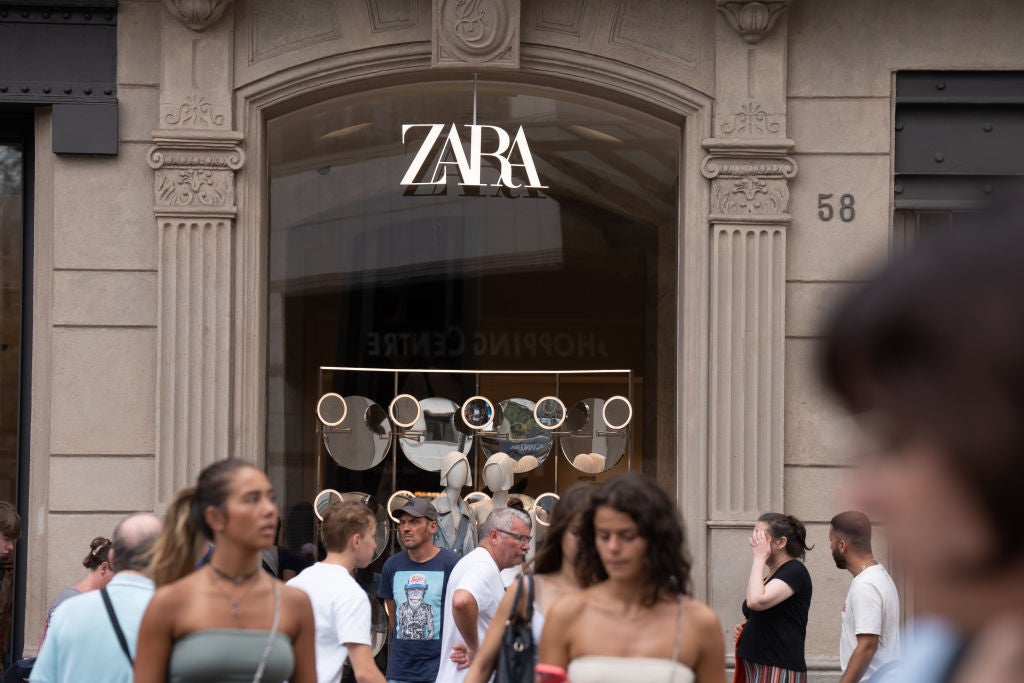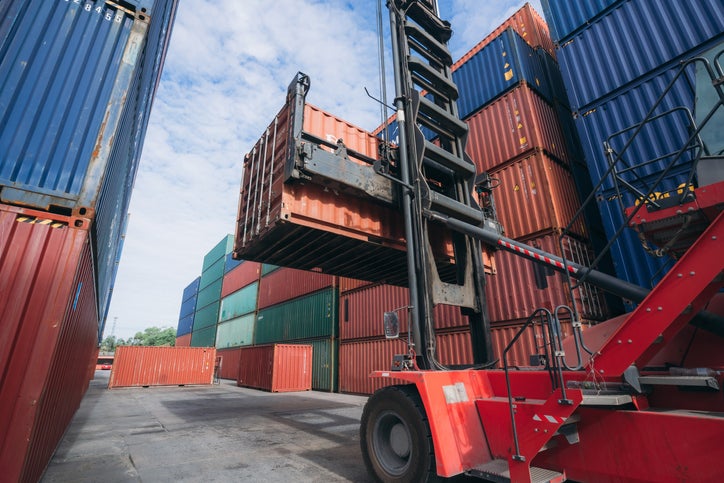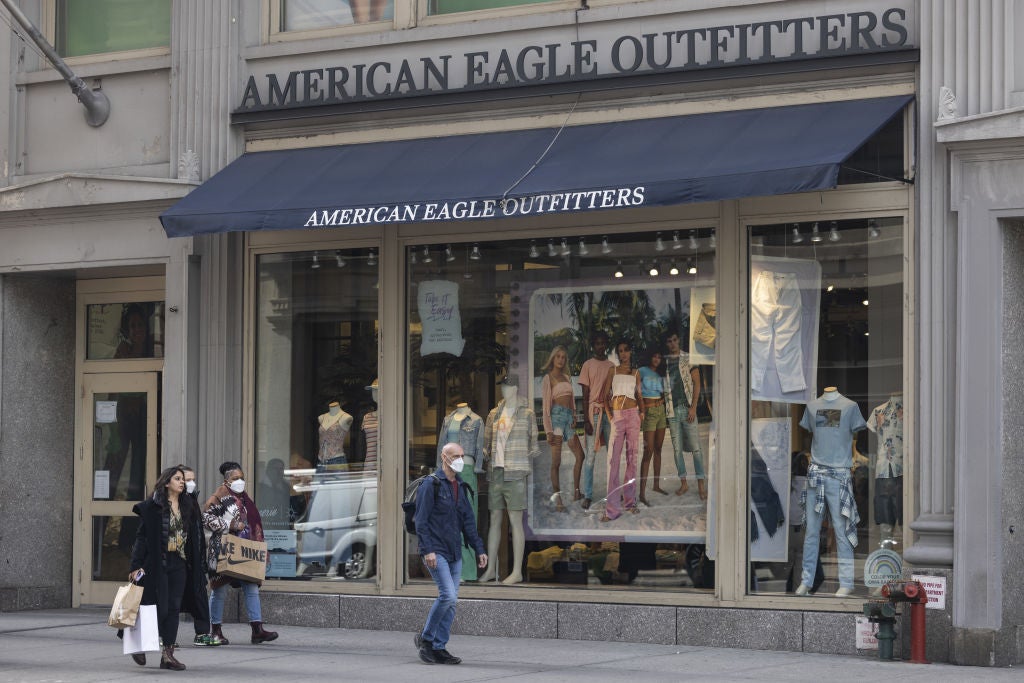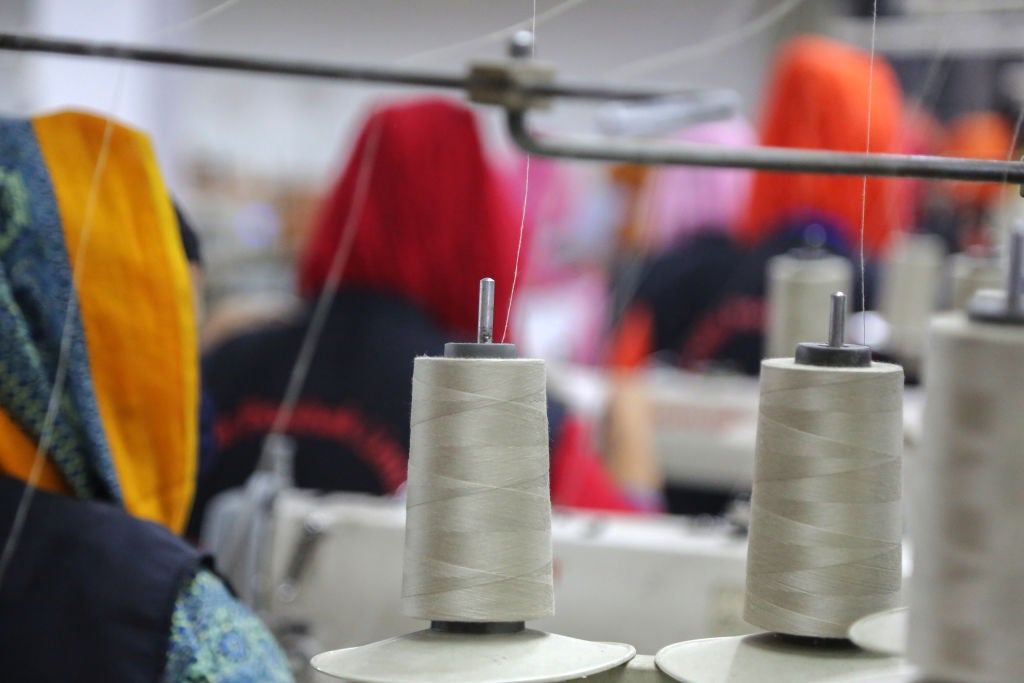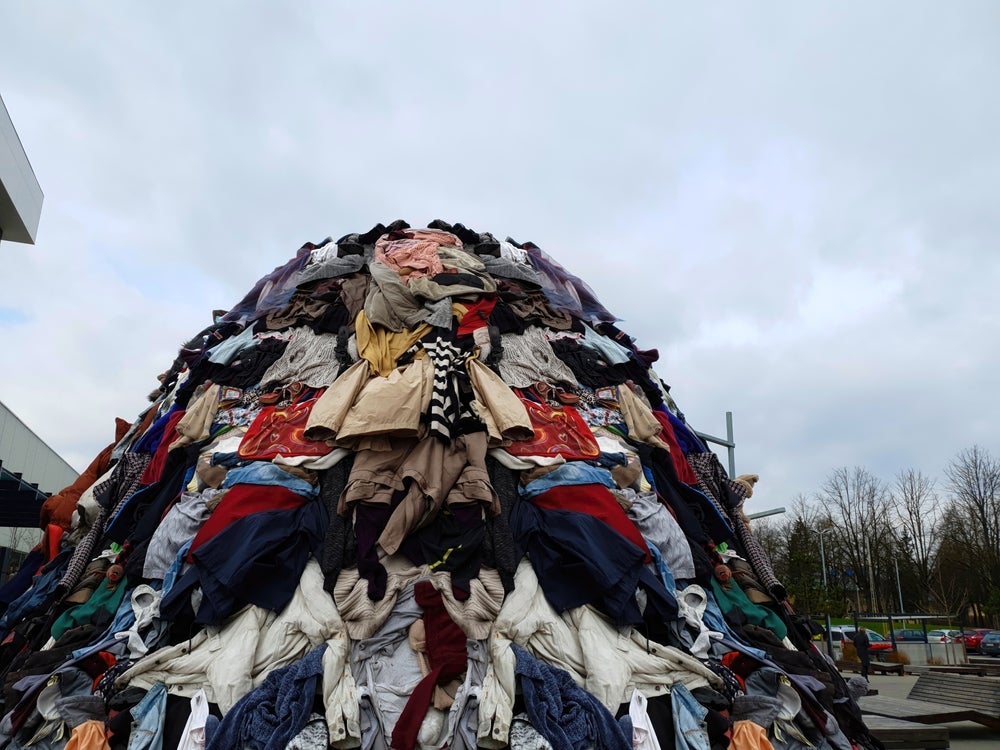Beginning 7 September Zara customers in France will gain access to a platform called Zara Pre-Owned, both on the Zara website and the Zara application with the objective of fostering circular fashion practices.
It seeks to extend the lifespan of Zara clothing, thereby contributing to waste reduction and reduced consumption of new raw materials.
Three key services will be available to customers in France upon the launch of the platform:
Clothing repair service: Both in-store and online Zara customers will have the option to request repairs for their used Zara clothing. This service offers a range of repair options, from replacing buttons and appliques to re-seaming and replacing closures. Customers can conveniently track their repair requests online or have their items delivered to a Zara store of their choosing.
Purchase and sale between customers: The "Pre-Owned" platform also offers an online marketplace where individuals can securely buy and sell Zara items from previous seasons. Zara ensures the safety and reliability of transactions and product transportation, with customer service support readily available to users.
Clothing donation: Zara customers can opt for a home collection service to donate their used Zara clothing. Similar to the containers located in all Zara stores in France, clothing collected at home will be directed to the Le Relais association, with the aim of providing these items with a new lease of life and supporting community development initiatives.
France, a significant market for the Inditex Group, becomes the second country to offer the Zara Pre-Owned service, following the United Kingdom.
The online sales area within the platform is organised by product category and offers detailed information on each item, including original garment details and images provided by the seller.
Paula Ampuero, sustainable development manager at Zara.com believes that innovation is essential for the development of a circular future: “Which is why we are actively and collaboratively working to find and scale solutions in order to configure an increasingly sustainable value chain."
This platform represents a component of the Inditex Group's sustainable development strategy, aligning with its objectives, including:
- A commitment to use textile materials with a reduced environmental impact by 2030, with approximately 40% of fibres sourced from conventional recycling processes, 25% from new-generation fibres (developed in partnership with identified start-ups), and 25% from organic or regenerative agriculture.
- A transformative supply chain plan focusing on both social and environmental aspects, including worker-centric initiatives and improvements in water management, waste, and energy.
- Supporting projects aimed at protecting, restoring, or regenerating up to 5 million hectares of land to enhance biodiversity and environmental conservation.
These initiatives are expected to reduce the Inditex Group's emissions by over 50% by 2030, with a long-term goal of achieving carbon neutrality by 2040, accompanied by a reduction of at least 90% of its emissions.


